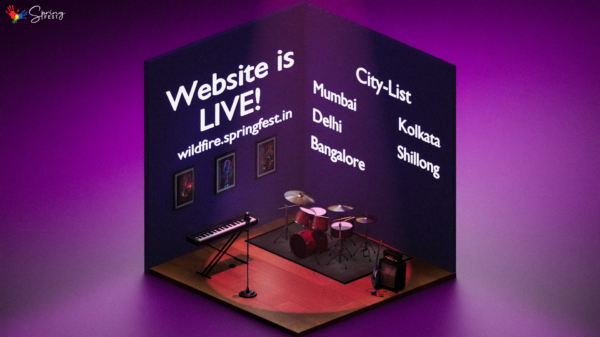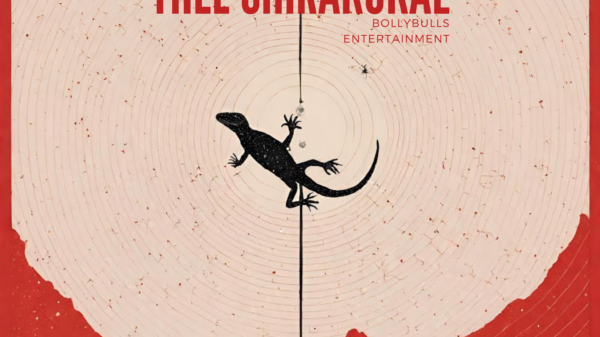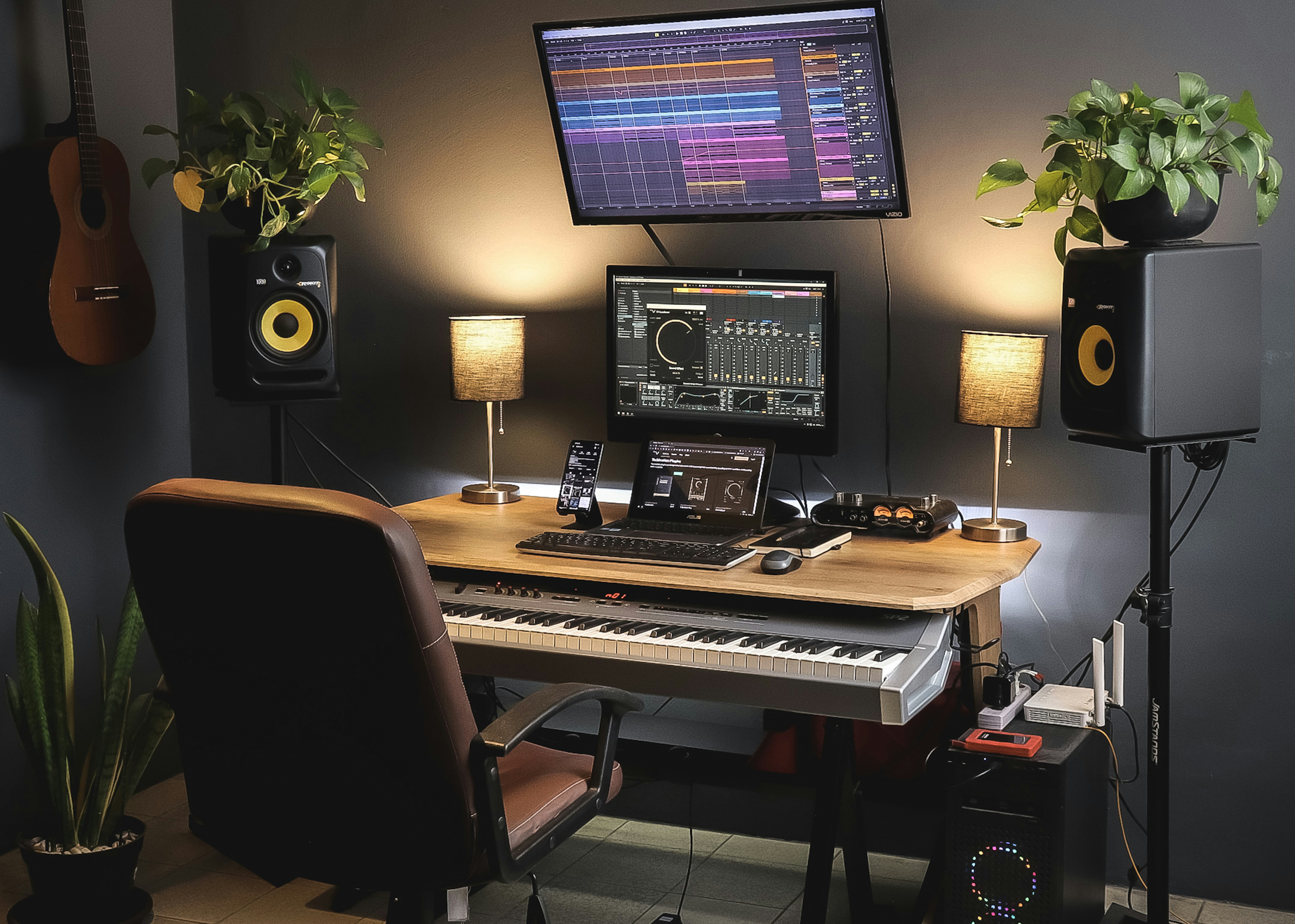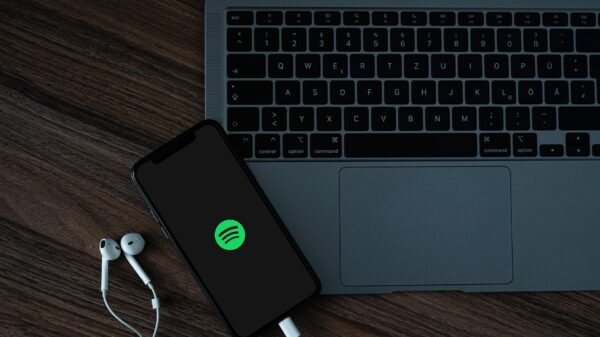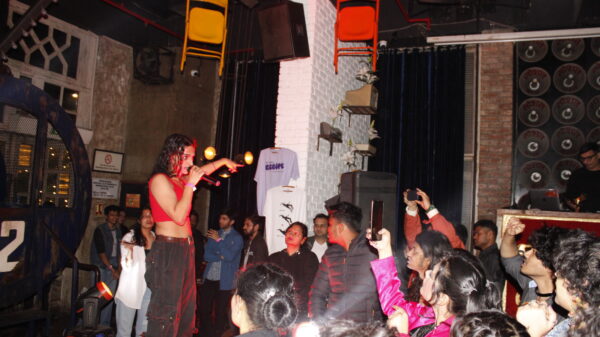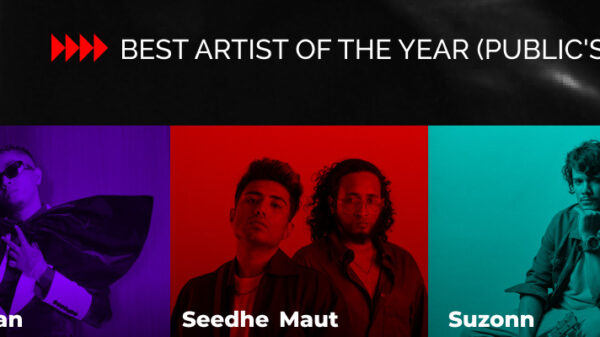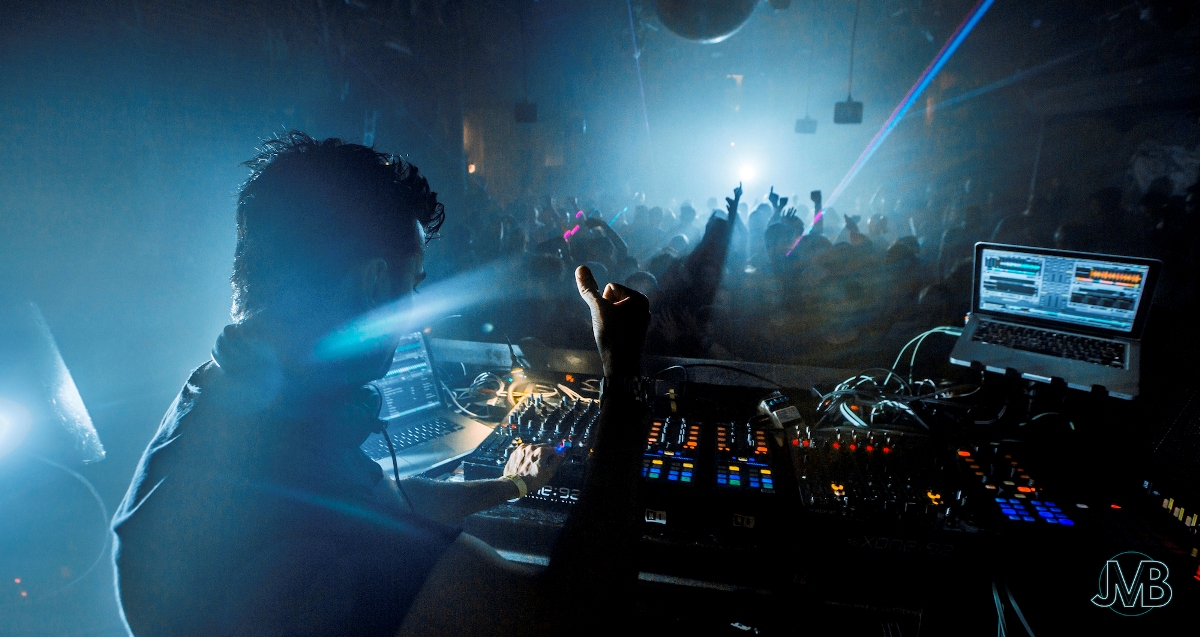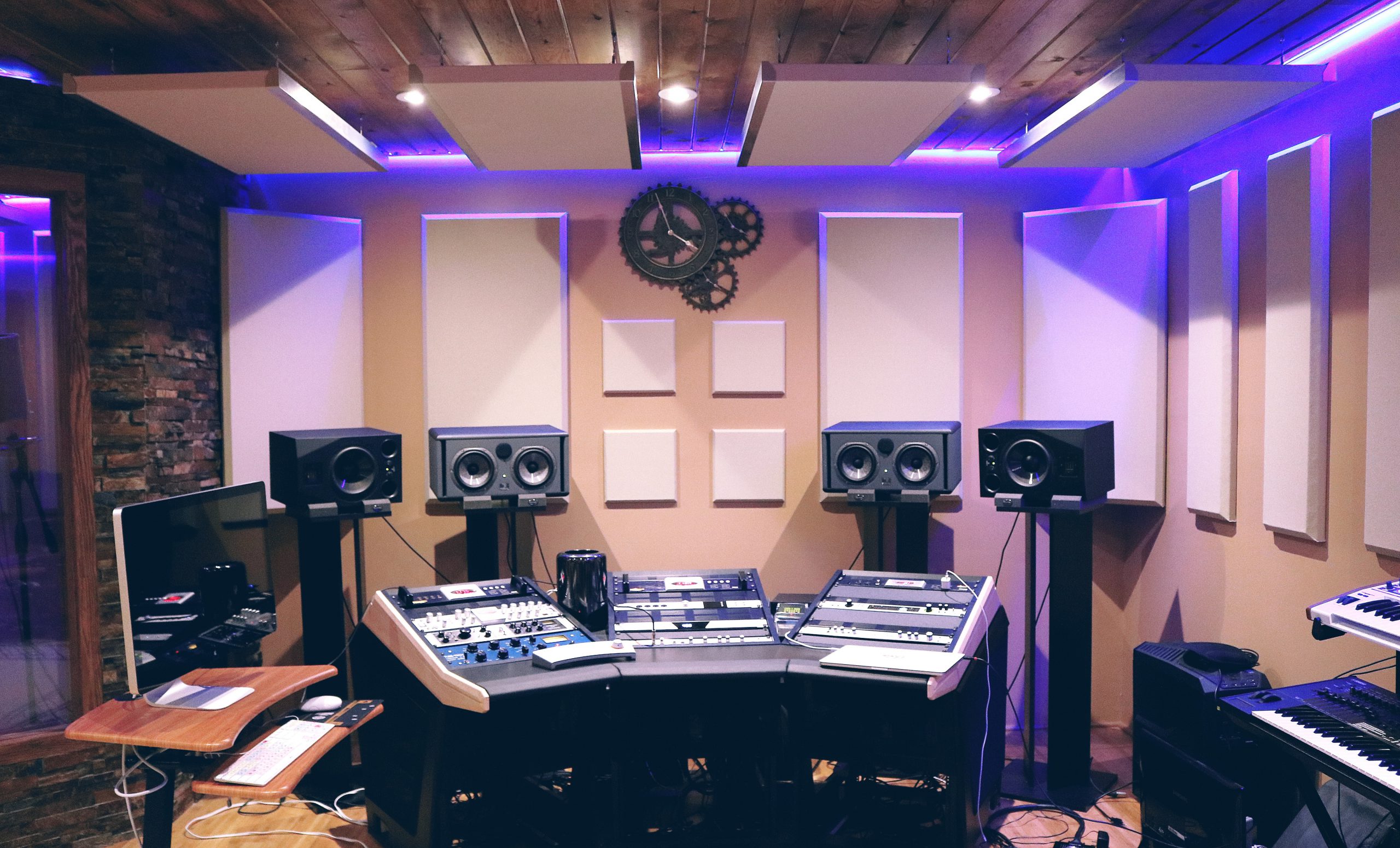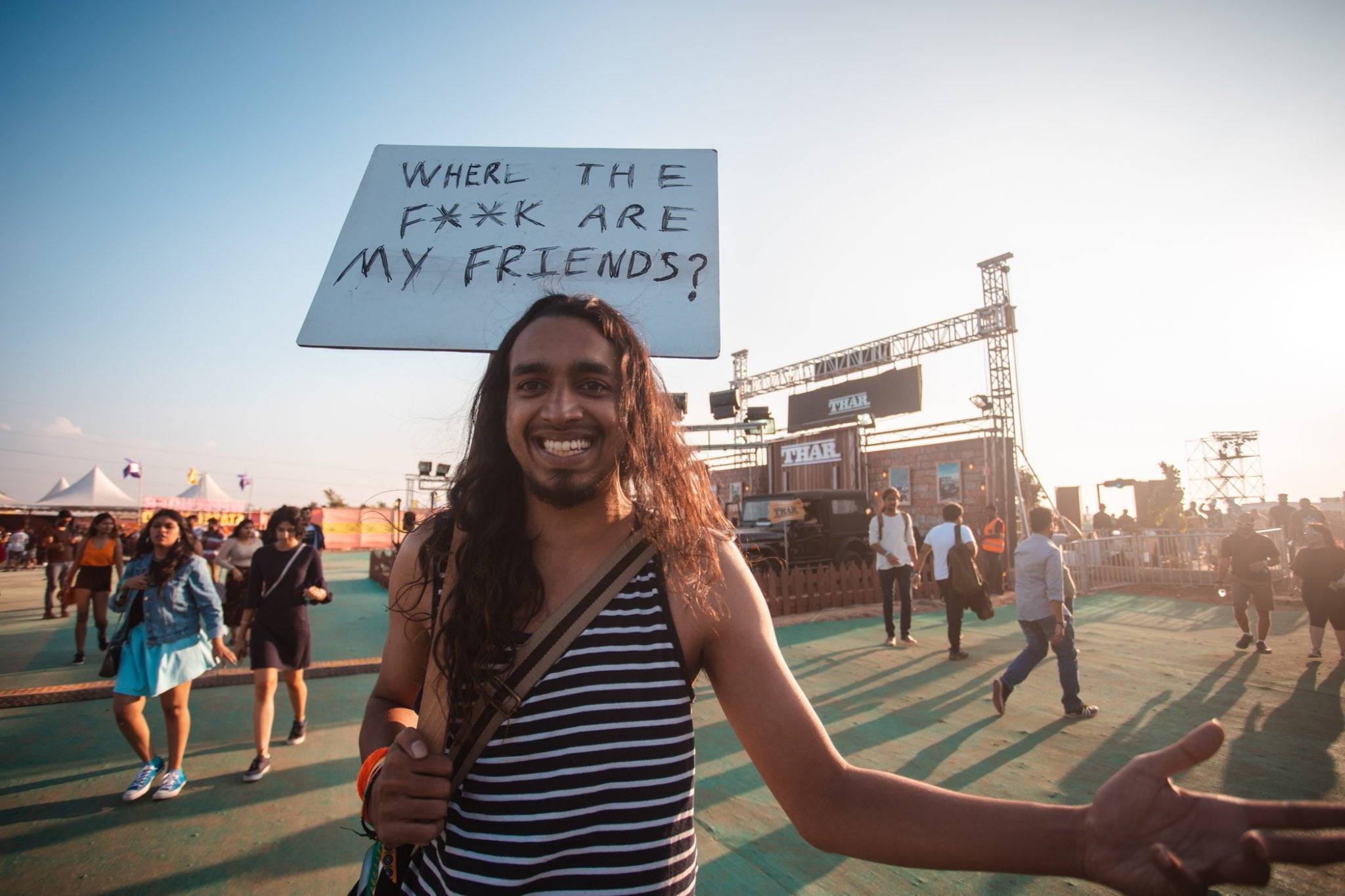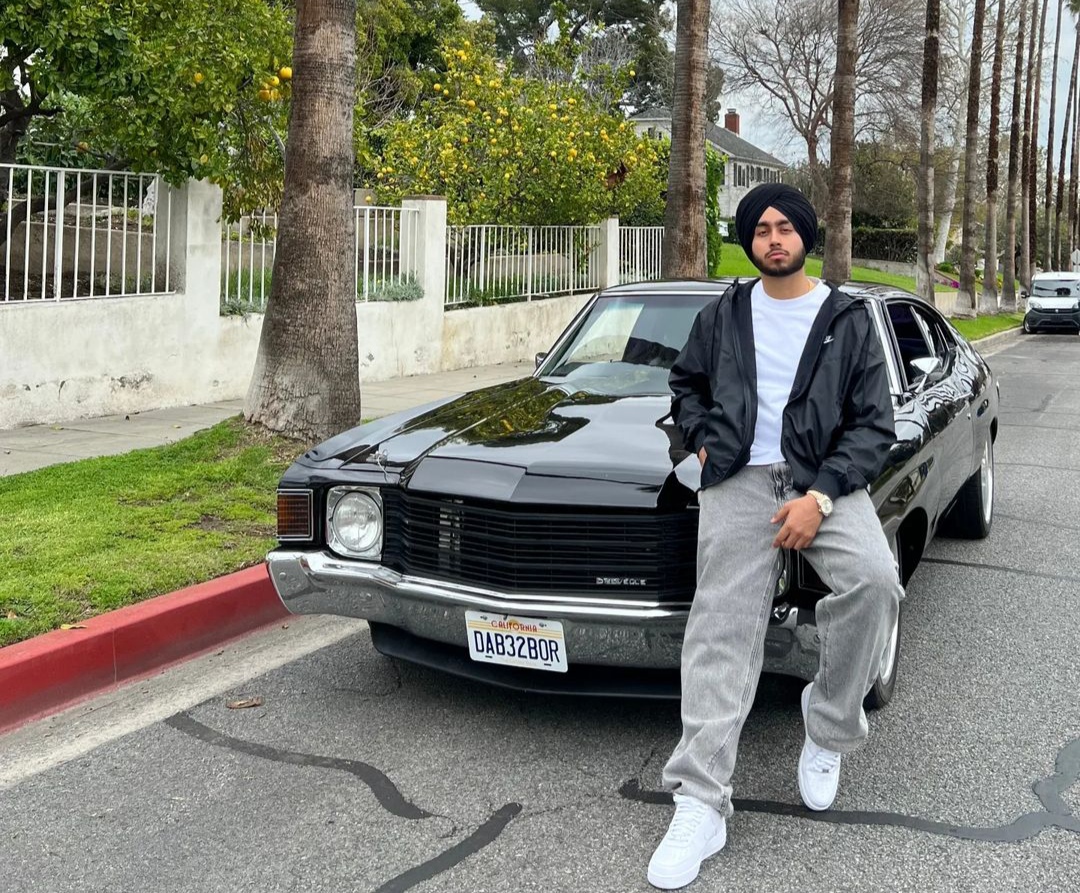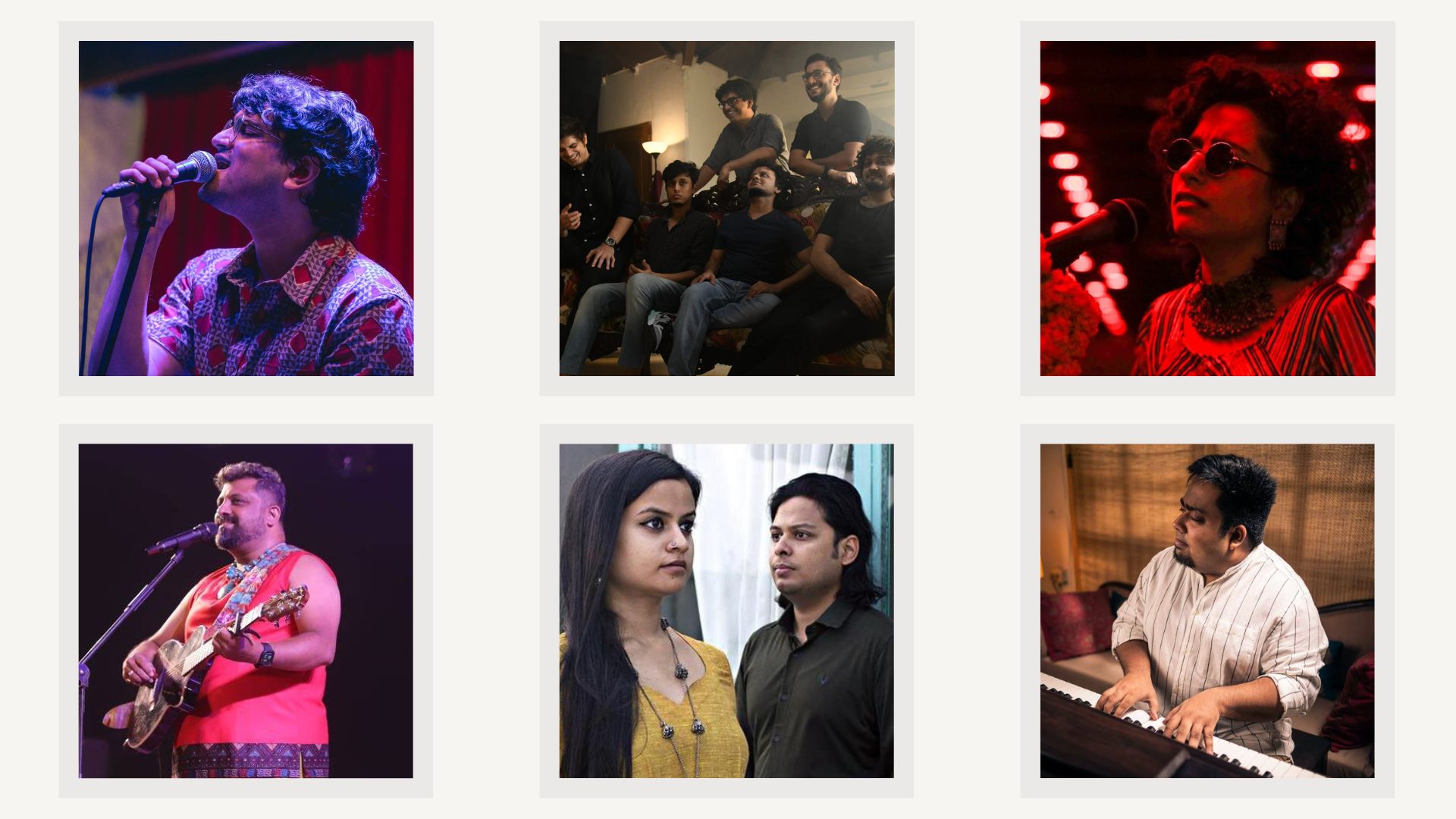Picture this: As the last banger track of the night fades away and people start filing out, the artist makes their way to the booking agent to collect their payment. They can’t find the booking agent so they call them. The call goes unanswered. Not thinking too much of it, they call the agent the next day. A week goes by before they hear back, “we’ll pay you within this week”. A month goes by and at this point the artist is panicking because they have bills to pay and they spent a significant amount of their money on buying music as any good DJ would. The artist kicks themselves for not signing a contract and given the surreptitious nature of the industry, they have no-one to discuss this with.
If nothing else, they’re now a part of the club of disgruntled DJs!
Most of us, who have chosen a career in music, are asked time and again to reconsider our choices. In different ways, we are asked, “to get serious about our lives” and “find a real job”. Unless you are working on big Bollywood projects, the bands and DJs are considered hobbyists. No-one, including most DJs, look at the profession as the business that it is, and this leads to unprecedented problems of time, money and respect. As Manojna Yeluri wrote in her piece in 2013, “Irregular payment schedules, insufficient venues, irresponsible creative-sharing or a lack of artist solidarity, independent musicians face tough times trying to make the most out of an industry that focuses on trends rather than conveying a holistic view on contemporary Indian music.”. Almost a decade later, this is still true.
Realistically speaking, a lot stands in the way of a DJ ‘making it’. The industry is rampant with cut-throat, and often ugly, competition where only the very few get to break out of the mould and define their own rules. While this is true for most fields of work, with DJing it is far worse because the opportunities for new talent are neither enough right now, nor do they seem to be increasing. If anything, they seem to be shrinking with the pandemic and its aftermath.
Irregular payment schedules, insufficient venues, irresponsible creative-sharing or a lack of artist solidarity, independent musicians face tough times trying to make the most out of an industry that focuses on trends rather than conveying a holistic view on contemporary Indian musicManojna Yeluri for Indian music week in 2013
But the bigger, more pressing problem is the lack of resources that one needs to feel stable in a work environment and experiment to create a space for themselves. The industry, across the globe, is rife with stories of ‘pay-for-play’, ‘play-for-exposure’ and ‘no-payment-after-promise’. While the first two are monsters of the capitalistic kind, the last one is worrying because it undermines the core of what could make sustainable community.
Essentially, it is an ecosystem. But it is an ecosystem that is extremely broken by power dynamics, inequality and abuse. The owners/stakeholders at venues are at the top of the food chain, but as anyone who has ever run a hospitality business will tell you, unless you deal in alcohol, it is next to impossible to make a profit. And this has forever tied the success of a DJ’s performance with ‘bar sales’, i.e. how much people drink on the night that they’re playing. The money that might be made during the event or be earmarked for the event, is distributed between booking agents, artist managers, artists, venue maintenance and promotion. And while it might seem it is an industry that doesn’t make enough money, we have learnt that quite a few of the venues make enough money to break even and even profit, but the distribution of the funds is not equitable. Showing tremendous insight, an events programmer who’s worked at multiple popular venues in Delhi and Gurgaon says, “The Delhi music scene is a living-breathing organism in itself. Ingesting & secreting (pardon the imagery) commerce . Each venue, a microcosm within the macrocosm. Existing in its own little bubble, having its own constitutional laws on artist policy and breaking every single one of them while trying to pander to an increasingly impatient and largely well off audience. Cozy jazz bars refusing to pay the sum total of 3 drinks to its entertainment and event managers regularly undercutting, underquoting and undermining artists to make a quick buck is par for the course here. This courtesy is of course extended to every sound engineer, cleaner, road crew, labourer involved with actually making the event and gig happen. The mismanagement and disrespect in the Delhi Music scene is anything but gratuitous. It is the way of the land. It is by no means unique in a system geared towards profit. Whether or not, the art and the artist will come out clean is always up for debate. My opinion is ultimately redundant. I am a part of the problem.”

DJs are normal people, with normal lives and bills to pay. A Bangalore based DJ/producer shared their experience, “I’ve been paid for gigs but often was low balled by promoters and venues so had to reject them in most cases. In terms of payment, certain venues have paid me only 3 months after the date of performance and sending across the invoice. Which is way worse than not getting paid, as we have bills to pay on time!”.
Financial equality is a far off dream across every sector. Navigating the industry as a female or non-binary entity, is hard because of the rampant abuse. This is no different when it comes to payment. One courageous female DJ shares, “I am a female dj they think they are doing a favour by booking you and also asking you to play for free for exposure”
One of the time tested remedies of non-payments is once you’ve somewhat made your way into the industry and see some of the revenue coming in, you hire a manager to do all the grunt work. Perhaps, they have ways to get the money, that you don’t. However, artist managers are as frustrated as artists. A Delhi based artist manager shares their experience with RAW Live, “As an artist manager, I dealt with this issue often! Dealing with booking agents or ‘cultural managers’ was quite literally a pain. In this instance, my artist was to be paid 15k for his performance at a music festival similar to Magfields, and three months later, we were still chasing the person to transfer the money. If that wasn’t enough, they used my artist’s song for the after movie of the festival in collaboration with a mobile company – and did not ask for permission nor compensate us for the use considering a brand was involved. And then one of their managements artist released a remix EP with my artist on the tracklist – and no release contract was offered before releasing the track. When asked – they said, “Nobody else asked for it. There is no point discussing it now.” What nonsense!”
As an artist manager, I dealt with this issue often! Dealing with booking agents or ‘cultural managers’ was quite literally a pain.Delhi based artist manager
Like we said, there is no one section of people to blame for this and in that spirit we were keen on getting a quote from a booking agent as well. We reached out to multiple booking agents, and finally heard from a Pune based label and booking agent that has often booked artists for shows and are usually the ones who liase between venues/promoters and artists and their managers. On being asked the challenges they face when booking an artists, here’s what they had to say, “Firstly, for a band, we have to consider the tech requirements. It is quite expensive to procure the right gear for a live band. When it comes to artists in general, we often struggle aligning the artist with the venue/crowd requirements. There is a dearth of venues (in our experience) that have a broader perspective when it comes to underground music. Navigating through these relevant dialogs can be quite tricky. Thus far, we have largely worked on a gate split deal, since we haven’t come across venues that support with budgets for underground artists. Venues and sponsors come through when the artist has a large social media following, and the worth of the artist is equated with the number of alcohol bottles sold. In these scenarios, we have often put in money from our own pockets to compensate the artists for their work, which is completely not feasible in the long term.
Audiences feel quite resentful towards buying tickets. They have no issues spending 1000s at the bar, but feel somehow cheated for being ticketed. I do hope this mindset changes, and that they know how much their ticket makes a difference in how much the artists get paid.”
All the problems being faced by the Indian electronic music scene have been overcome in the more mature scenes of the West. The scene in India is in a nascent stage but that only means there are measures that can be implemented to make it more secure. Over the last decade European governments have poured money into providing funds for artists to continue their work in difficult times, for venues to develop their programming and infrastructure and create policies and procedures to safeguard everybody’s interests and diversify the pool. Echoing some of these measures, the booking agent shares their view on what they would need to mitigate the challenges they face, “Budgets. Funding. Maybe Indian policymakers could start allocating budgets for live performance arts, and start acknowledging the independent music industry (especially the artists that make it an industry) as one worth investing in. And really, don’t start a restaurant, give a shitty speaker, and call yourself a venue. If they want live music, create the infrastructure at the very least, to host events.”
While the idea of a government that supports and funds the independent music scene, specially of the electronic kind, is a faraway dream that keeps moving farther every single day, their support would be immeasurable in reaching parts of the country that are so far untouched. A more diverse, unified scene will help in a united front from artists, which in turn can help set in place norms that would safeguard their interests. However, if even the current artists aren’t respected, then the chances of new artists taking a chance on the scene are slim. Of the artists and managers who shared with us their experiences, all of them had two measures that they’d want to see implemented — (a) legal contracts being signed by the booking agent and the artist/manager (b) advance payments made by the booking agents. With the support of government funding, booking agents would be less dependent on venues to pay the artists, and therefore find it much easier to implement both the measures.
This begs the question, what role does a venue play in creating a more sustainable ecosystem? After all, they are the ones that currently hold the keys and therefore, they are the ones who should be pushing the hardest for funding and policies that would safeguard not just the artist interests, but theirs as well. An example of how unstable the current operating procedures between venues and booking agents are, was seen in recent, last minute cancellations of events like Room 303 organised by Regenerate Music that had been planned, promoted and paid for. Policies apart, one of the immediate things they can do is push for local, diverse lineups, instead of paying increasingly obscene amounts of money to book the international or repeat artists who might draw the audience for one night but have the scene suffer in the long run.

A more holistic future for independent electronic music requires work at every level, including audiences. This calls for inclusive, accessible, country wide collectives united by the same mission. While there are collectives and associations spread out across the country they all continue to exist in their own bubbles. Till the government wakes up and smells the coffee, we can collectivise on large scales, to lay down groundwork on what constitutes a ‘venue’, frame policies and contracts that could create a safe working situation for artists, create audience awareness initiatives for local talents and nurture the scene rather than abusing it for entertainment.
In the last few weeks that we’ve spent talking to people about the issues and their solutions, we’ve learnt that there is a lot of reluctance to challenge to status quo in the scene. Change does not happen overnight but a fearless, brave speculation of an ecosystem where everyone is safe, included and treated fairly is the call of the hour, if we’re to grow this hobby to a profession. The Indian electronic music scene is oozing with talent and it is time we work to make it visible.





